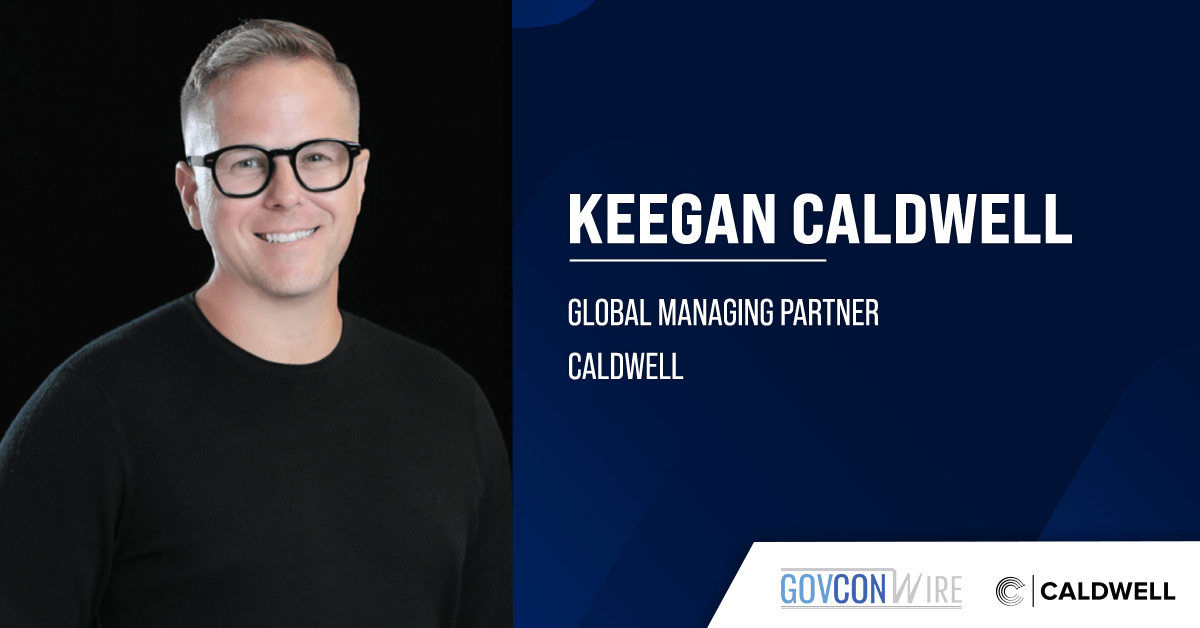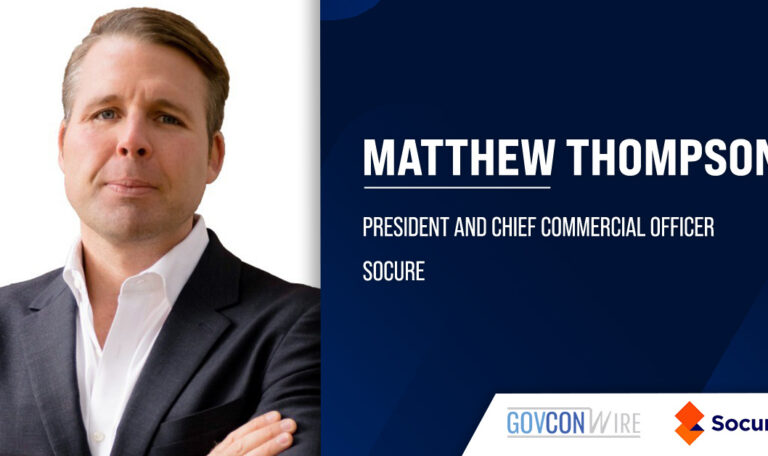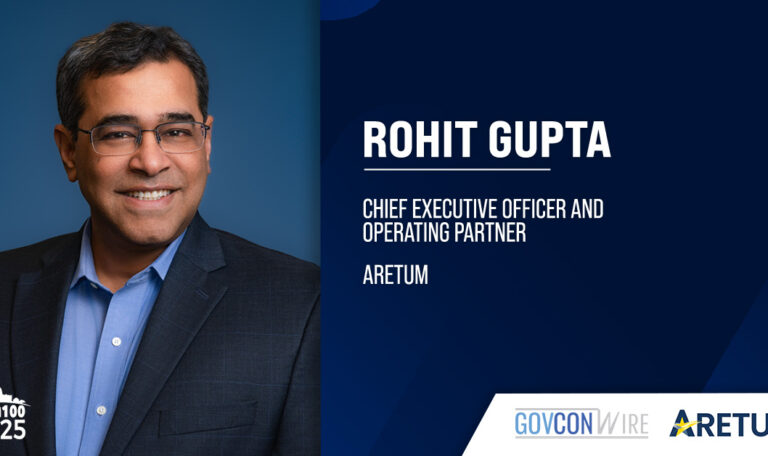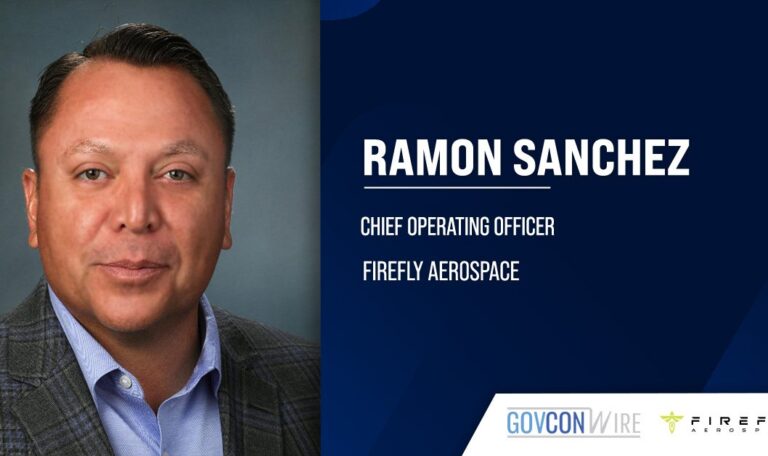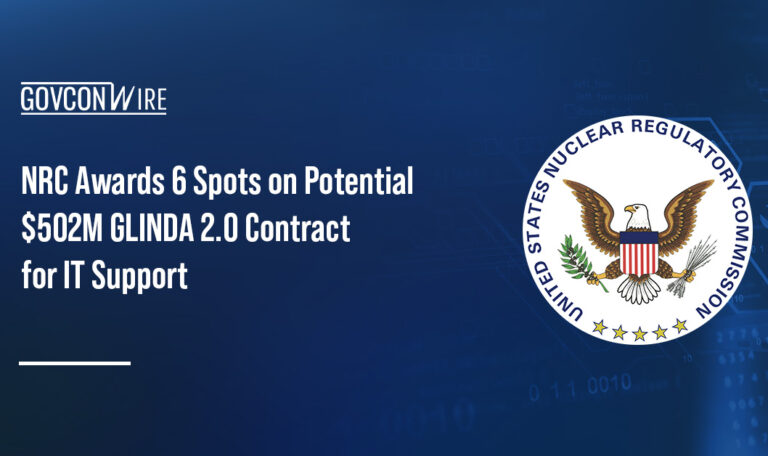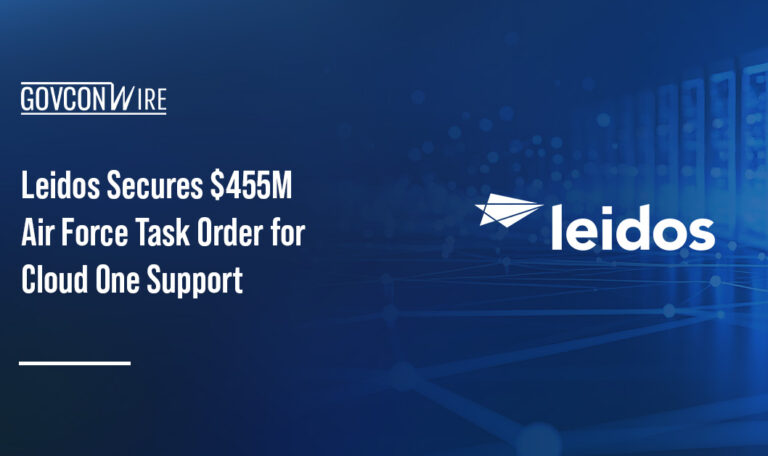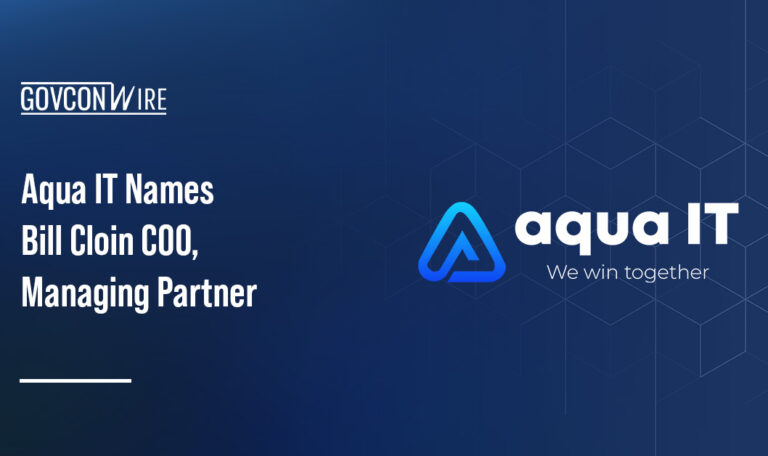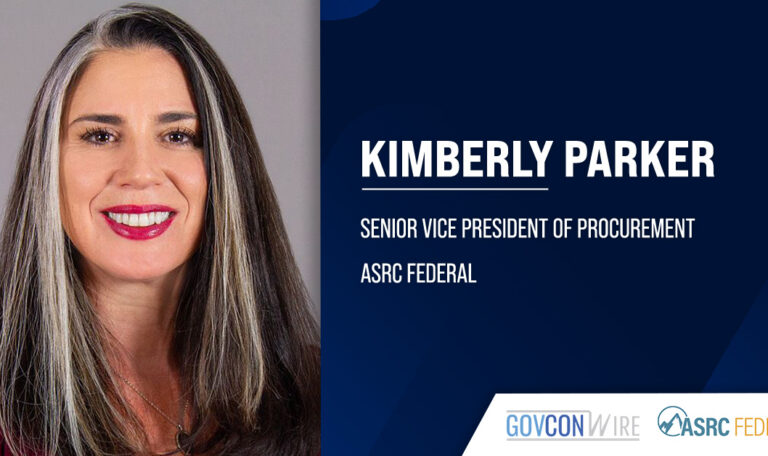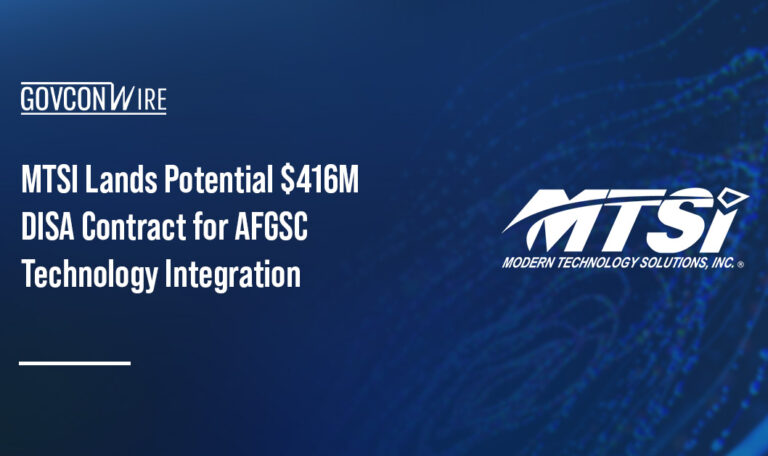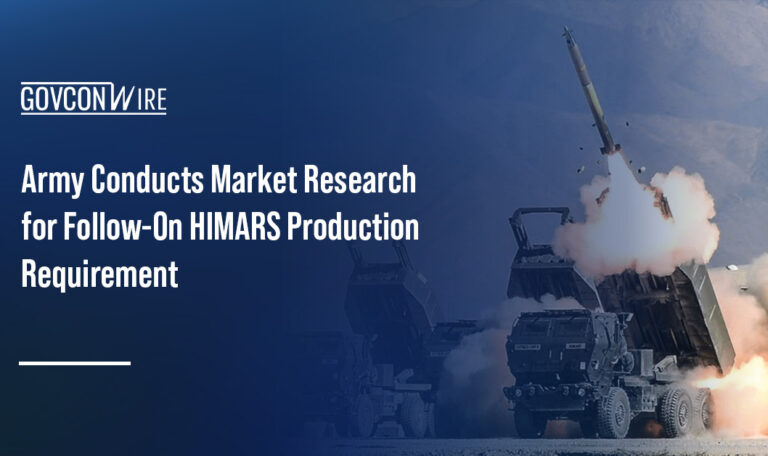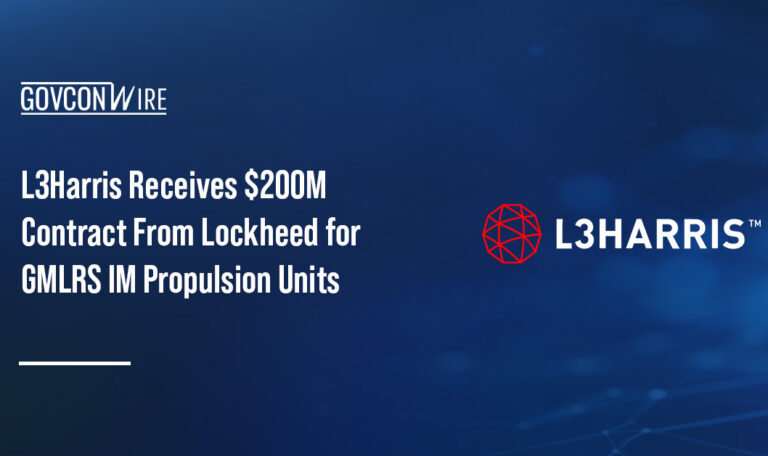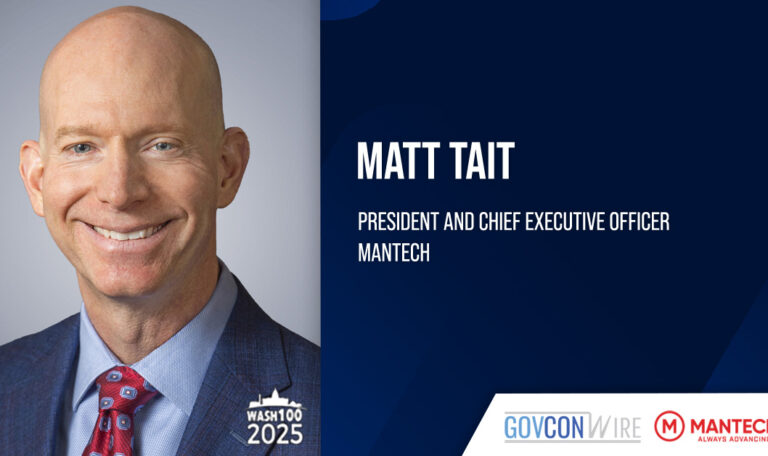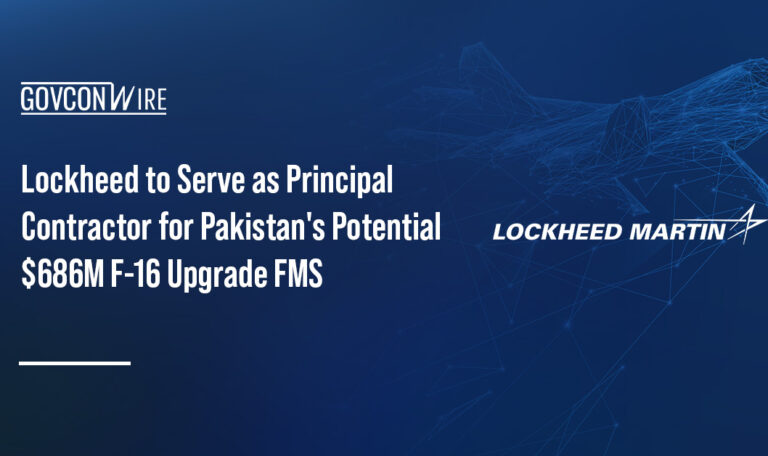Intellectual property plays a larger role in the government contracting market than you might think. IP has the power to raise your company’s valuation, unlock better M&A opportunities and even shape the global competition. GovCon Wire sat down with Keegan Caldwell, founder and global managing partner at Caldwell, to talk about the role IP plays in the GovCon market and how contractors can better leverage it to achieve their business goals.
GovCon Wire: Can you share your thoughts on Intellectual Property and its role in the GovCon landscape?
Keegan Caldwell: Historically, government contractors have not pursued lots of intellectual property, or patents in particular. Often the relationships between the government and the government contractor were not contentious, especially as it related to their intellectual property. As time has gone on, the value of intellectual property has become more solid. Because that value has become higher and more solid, now there is more and more contention between the government and the government contractor regarding intellectual property.
Now what we see as a trend is that the highest valued government contractors have significant intellectual property portfolios, and there is statistical evidence to support that those government contractors who have patents versus those who don’t have significantly higher valuations. Those who do go on to exit do so at significantly higher valuations as well.
For those who are doing big contracts where you’re developing jets, for instance, for the government, you need to make sure that not just your patents, but the terms of your engagement as it relates to the intellectual property are well-defined. Because if you were making jets for the purpose of only military use, but then you also plan to have a portion of your company commercializing products for civilian use as well, you need to have that well-defined. You want your arrangement with the government to only cover what it is that you’re working on with them, not the other matters that you may be doing outside and other products that you may commercialize. This was less common years ago.
GCW: How should contractors be thinking about IP?
Caldwell: Government contractors need to think about intellectual property as not just about protecting the tech that they’re developing, but they need to think about it as the largest asset class of their company. In any transaction, the majority of the value of an entity sold is its intangible assets, or its intellectual property. It’s necessary for those companies to think about that as an asset.
Traditionally, engineers like myself think about intellectual property as ‘I came up with this amazing invention that is an AI-based weapon,’ but it covers only this very narrow sort of innovation. We want to cover all the products that a government contractor is making and making money with, but we also want to contemplate the business value of the intellectual property as an asset, and how we can help maximize the value of that. And, that’s not just by covering what it is that the government contractor is making, but it’s contemplating what other government contractors in the market are making now or will make in the future.
This will allow the government contractor to serve as the gatekeeper for those trying to enter that particular field, because patents grant a 20-year monopoly on what it is that they cover. So, the value of being able to stop others from entering that space is significant. Instead of just covering a narrowly specific AI-powered drone, maybe you also want to consider the different variations of fuselage styles, wing styles or aircraft styles there might be so that someone else can’t make something similar, and you can serve as the gatekeeper, having the patent in that area.
One of the most important things for national security is being able to protect the intellectual property of our government contractors and other companies in the United States. The United States used to lead the way, filing more patents than any other nation in the world. In the last few years, that has been in China. There’s a growing concern and a concerted effort and promotion for companies to file more and more patents here in the United States so that we continue to have our foothold as a technology leader in the world. And the only way that we can do that is by protecting those technologies.
If American innovation is not protected by patents, others will protect it, and they’ll be able to stop the government contractors and other American entities from being able to practice what they created.
GCW: How can contractors strategically leverage IP to achieve their business and M&A goals?
Caldwell: Government contractors looking to grow their size and buy other entities will want to make sure they have their own intellectual property protection, in particular patents. This is so that they’re protecting their revenue streams and can utilize IP to help facilitate better deal structures when they’re acquiring the companies they want to buy, especially if those companies they’re buying are infringing the patents they have. This may help them get a significantly lower price in those acquisitions and create opportunity for the company being acquired because they don’t have those patents, so there’s a path for them to continue to be able to build as part of the new, bigger company. IP is maybe more important for companies that are looking to sell. Government contractors come in all shapes and sizes, and there’s more and more Silicon Valley interest in the government contractor and defense space.
We have more and more venture funded startups that are in that space, and for them, ultimately, the goal is to be sold, to be bought by a large government contractor or to be sold to a large private equity shop or maybe even an IPO. In all of those instances, whichever of those paths present themselves, there’s significant data that supports that those government contractors that have patents versus those that don’t get significantly higher valuations on exit. There’s data that supports that companies that have patents versus companies that do not have patents get roughly 160 percent more on exit value for a PE exit.
In thinking about all these new market entrants that are venture capital funded, it’s well established that those companies that have patents — whether it’s at a seed round, an A round, a B round or even late stage rounds — get the majority of the money in the venture capital market.
GCW: Which emerging technologies do you think will have the greatest impact on the GovCon market in the next few years?
Caldwell: It’s easily AI. AI will significantly impact GovCon, especially through its use in professional services that are provided as government contractors. Contractors can utilize AI to drive more efficiency and use less human capital. Or if you’re offering products, the majority of the products that will be sold — whether that’s edge computing devices or any sort of government vehicle — will likely include AI technologies.
I think that AI will undoubtedly be the most important thing. It’s like the new internet. But it’s something that needs to be utilized as a tool to enhance the things that government contractors are already doing well. Those companies will keep being good at their core thing. Now they’re just going to be more efficient, and they’ll present as a company that has the nimbleness to adopt new technologies and to stay ahead of the pack from a technology perspective.
GCW: How should AI contractors be thinking about IP?
Caldwell: We’ve been talking about AI for years in GovCon and in other industries. Now though, there’s market adoption. In many of the companies that we work with, there’s some form of AI that’s integrated into the solutions that they offer to the government or that they’re utilizing inside their company to become more efficient. In both of those scenarios — whether it’s part of a product offering or things that they are using to increase their efficiency and drive higher revenue — companies should consider patenting those technologies. This is still the dawn of AI, especially in GovCon, and there’s a lot of opportunity to scoop up important intellectual property that will not be there to scoop up years down the road.
There are many off-the-shelf AI products now too, and when those products are blended with the particular technologies or processes that a government contractor is using to advance their own business objectives — whether it’s the products they’re selling to the government or services — oftentimes that would be something that’s patentable. This is because it’s not something that’s been done before and it wouldn’t be obvious to do so.
So there’s an asset value opportunity for them to capture by patenting those things that maybe otherwise they would think, ‘Well, we just got this off the shelf and put it into what we have been using for years.’ But those two things together are what makes it patentable.


